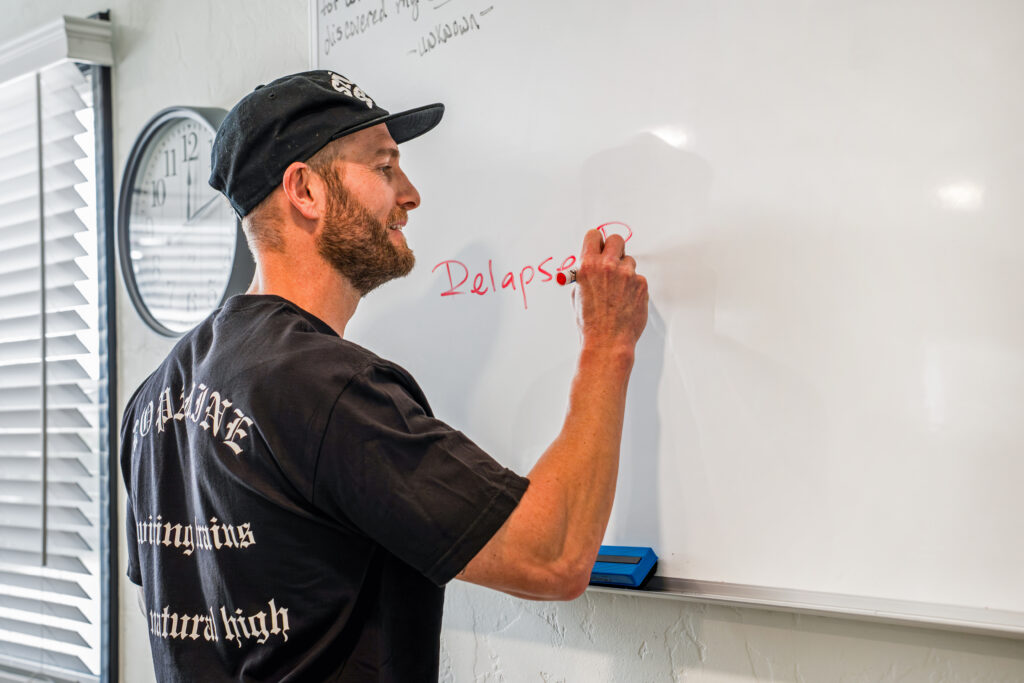Dual Diagnosis Relapse Prevention:
A Path to Lasting Wellness
Written and reviewed by the clinical team at New Life Recovery in Fresno, California, including licensed therapists, medical professionals, and recovery specialists committed to helping individuals build healthier futures.
What This Page Covers
- Dual diagnosis means having both a mental health condition and a substance use disorder at the same time, which makes relapse prevention more complex.
- Mental health issues like depression, post-traumatic stress disorder (PTSD), and bipolar disorder often increase the risk of returning to substance use if untreated.
- Effective dual diagnosis relapse prevention includes stabilizing symptoms, creating personalized coping skills, building strong support systems, and monitoring early warning signs.
- New Life Recovery’s integrated treatment approach combines substance use disorder care with mental health services, coordinated by medical, psychiatric, and therapeutic teams.
- Holistic tools such as yoga, meditation, nutrition, and creative therapies support emotional regulation and long-term wellness.
- Ongoing support through outpatient services, aftercare planning, and peer connections helps maintain recovery, especially in areas like California with unique stressors.
Get in touch with New Life Recovery for integrated dual diagnosis relapse prevention care today.
Table of Contents
What Is Dual Diagnosis?
Preventing a return to substance use or worsening mental health symptoms, commonly referred to as relapse prevention, is especially complex for those with dual diagnosis.

Why Co-Occurring Disorders Complicate Relapse Prevention
The reasons for treatment complexity lie in how SUD and mental health challenges influence one another, and addressing one without the other leaves gaps in care that can trigger setbacks.
New Life Recovery’s Commitment to Healing
At New Life Recovery in California’s Central Valley, we take a comprehensive, integrated approach to healing. Through all levels of care on our one campus, from detox to outpatient, we provide a seamless treatment experience rooted in trauma-informed, evidence-based, and holistic practices.
The Dual Diagnosis Recovery Challenge
Common Co-occurring Disorders
- Depression: Persistent sadness or hopelessness can lead individuals to seek temporary escape through substances.
- Anxiety disorders: Excessive worry, panic, or social anxiety may trigger substance use to find calm or relief.
- Post-Traumatic Stress Disorder (PTSD): Trauma survivors may use substances to numb painful memories or flashbacks.
- Bipolar Disorder: The high-energy episodes (mania) or lows (depression) can increase impulsivity and make substance use more likely.
Breaking the Cycle Through Comprehensive Care
Effective dual diagnosis care needs to tackle both substance use and mental health together, not separately. At New Life Recovery, we focus on treating co-occurring disorders with the specialized care and expertise they deserve.
- Addressing mental health and substance use at the same time
- Providing compassionate, evidence-based treatment
- Offering tailored support that builds a strong foundation for lasting recovery
Key Components of Dual Diagnosis Relapse Prevention Plans
Stabilizing Mental Health Symptoms
For individuals managing both mental health conditions and substance use, stabilizing emotional and psychological symptoms is essential. When symptoms like anxiety, depression, or mood instability go untreated, they can become powerful triggers for relapse.
- Personalized clinical care that addresses co-occurring needs.
- Medication management when appropriate to reduce symptom intensity.
- Therapeutic interventions like cognitive behavioral therapy (CBT) or dialectical behavior therapy (DBT) to learn how to manage emotions in a healthy way.
Developing Personalized Coping Strategies
- Identify personal triggers such as stress, relationship conflicts, or environmental cues.
- Learn new ways to respond to these triggers that do not involve substance use.
- Practice emotional regulation skills.
Building a Long-Term Support System
- Ongoing therapy and case management
- Peer groups and community resources
- Family involvement when appropriate
The Power of Relapse Prevention Plans
- Contacting a therapist, sponsor, or case manager
- Attending a peer support or group therapy session
- Using grounding techniques or therapeutic coping skills
- Adjusting medication or treatment routines with provider support

New Life Recovery’s Integrated Approach
Comprehensive Continuum of Care
Coordinated Care Teams
Our approach relies on seamless collaboration between psychiatric providers, therapists, and medical staff. This coordination ensures each client receives personalized care based on their evolving needs.
- Align treatment goals across disciplines
- Quickly adjust care plans based on client progress
- Address SUD, mental health, and physical well-being comprehensively
Trauma-Informed and Person-Centered Planning
- Understanding the impact of trauma on mental health and substance use
- Collaborating with clients to build trust and promote healing
- Tailoring treatment plans to personal values, goals, and experiences
- Avoiding re-traumatization through compassion, choice, and emotional safety
Outcome-Driven Assessments
- Identify triggers and early warning signs
- Measure improvements in mental health symptoms
- Adapt therapies and supports to maximize effectiveness
- Support clients in building a sustainable, fulfilling recovery
Holistic Tools for Sustained Wellness
Yoga and Meditation
Nutritional Counseling
Art, Music, and Nature Therapy
Sleep Hygiene, Exercise, and Breathwork
Life Skills and Aftercare Planning
Vocational Support and Daily Self-Care
- Career counseling and job readiness support to help clients find meaningful employment
- Life balance coaching, encouraging the development of healthy daily routines
- Self-care planning that nurtures physical health, emotional wellness, and personal growth
Customized Aftercare and Alumni Programs
- Individualized aftercare plans tailored to each person’s recovery goals, lifestyle, and risk factors.
- Outpatient and follow-up care, including therapy, psychiatry, and holistic services.
- Alumni programs that promote connection, peer mentorship, and ongoing encouragement.

Find Dual Diagnosis Relapse Prevention and Care at New Life Recovery
High Prevalence of Co-Occurring Disorders
A Compassionate, Localized Solution
Start Your Recovery Journey Today
You don’t have to walk this path alone. Reach out today to explore how our dual diagnosis treatment program can help you love your life – one step at a time.




